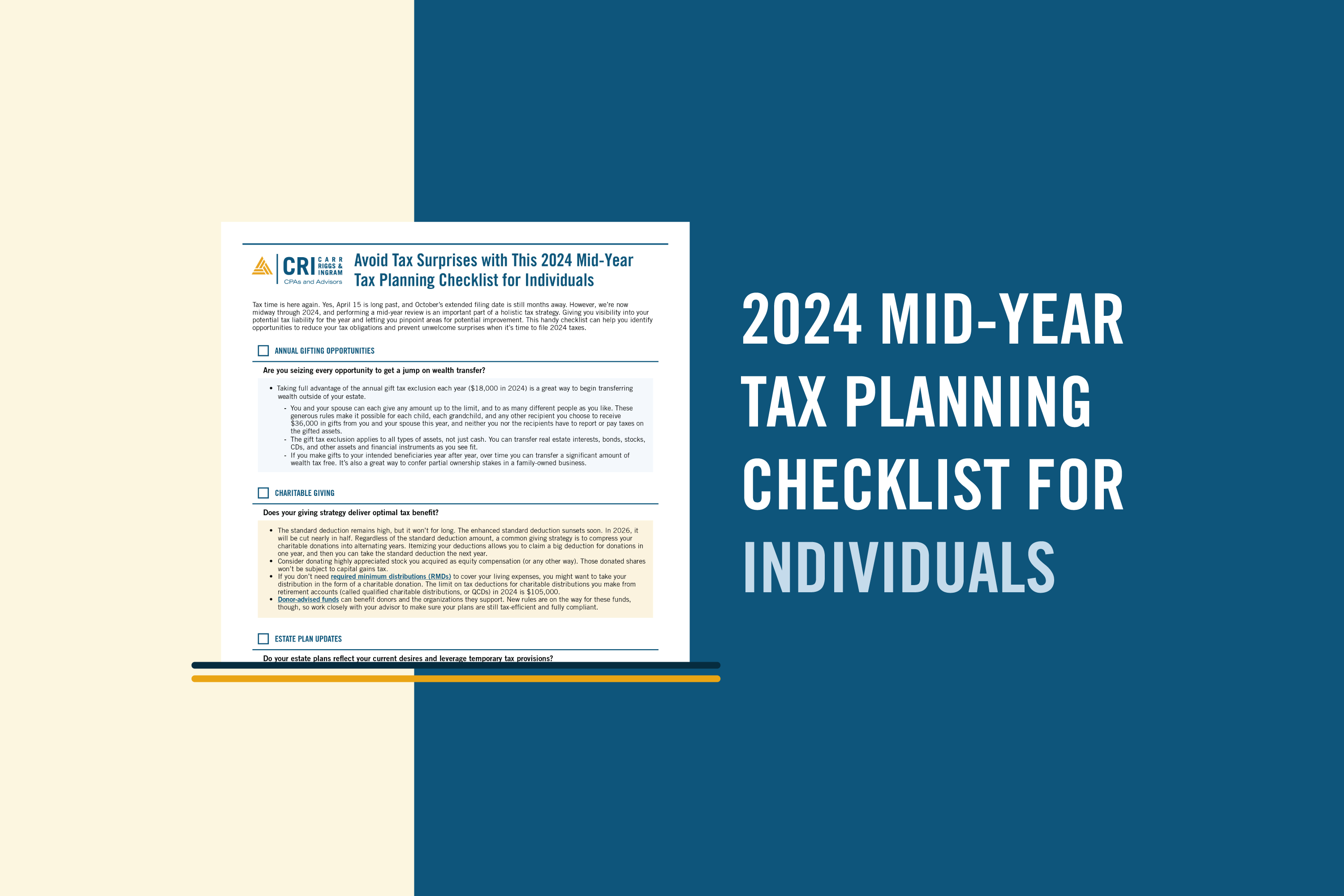DOL Ruling: New Salary Threshold for Overtime Eligibility
- Contributor
- Kris Hoffman
Aug 29, 2024
The Department of Labor recently finalized a rule increasing the salary thresholds for overtime eligibility for certain professional employees, significantly expanding protections for these workers.
• Effective July 1, 2024, the salary threshold will rise to $43,888 annually ($844 per week), up from the current threshold of $35,568 annually ($683 per week).
• On January 1, 2025, this threshold will further increase to $58,656 per year ($1,128 per week).
• Starting July 1, 2027, these salary thresholds will update every three years, using up-to-date wage data to determine new salary levels.
Impacts of the New Salary Threshold on Your Business Operations and Financial Planning
As an employer, the new salary threshold for overtime eligibility will have several impacts on your business operations and financial planning, including:
- Review of Employee Classifications: In addition to monitoring salaries for professionals, companies would be wise to re-examine whether those employees meet the government’s exempt definition as executive, administrative, or professional employees.
- Increased Labor Costs: If professional employees’ salary levels don’t exceed these updated thresholds, employers must pay overtime compensation if the employee works more than 40 hours in a week. As more employees become eligible for overtime pay, payroll expenses may increase. This could affect your overall budget and require adjustments to accommodate the higher costs.
- Potential Changes in Compensation Structures: You might consider restructuring compensation packages to manage costs. This could involve converting some salaried positions to hourly ones, allowing for more precise tracking of work hours and overtime.
- System Updates and Training: Ensuring compliance with the new regulations will require updates to your payroll systems and possibly additional administrative work. You may need to invest in HR and payroll staff training to manage these changes effectively.
- Impact on Employee Relations: While the new thresholds aim to ensure fair compensation, they could also affect employee morale and retention. Employees who benefit from the new rules may feel more valued and motivated, but those who do not see changes might react differently.
Staying Informed and Prepared
It’s important to plan strategically for these changes. This might involve conducting a thorough analysis of your workforce, budgeting for increased costs, and exploring ways to maintain productivity without significantly increasing expenses. Overall, while the new salary thresholds are designed to protect workers, they will require careful planning and adjustments on your part as an employer.
Contact your CRI or Paywerx professional if you need help assessing these new rules to your business.

















































































































































































































































































































































































































































































































































